Reinventing Crisis Response: Preparing Illinois for 988
May 2022
Starting July 16, 2022, people all over the United States will be able to dial 9-8-8 for someone to talk to if they’re having a mental health emergency. This launch is being celebrated as a big win for the mental health world. And it is an important step – but only a first step towards reimagining our mental health crisis response system.
What’s happening with 988 in Illinois?
When 988 rolls out, it will simply be an easy, 3-digit dialing code to reach an expanded version of the National Suicide Prevention Lifeline (NSPL). Not much will change from the existing NSPL service. People will be able to call or text the 988 line around the clock, and call takers will be trained mental health counselors who can listen, support, and help the caller stay safe.
The challenge is that the NSPL has struggled in Illinois. We haven’t had enough call centers or call takers for years, which means that 80% of calls placed in Illinois get answered out of state, and callers can face long hold times. In the first quarter of 2022, 31% of Illinois callers actually hung up before someone was able to answer.
With the launch of 988, the federal and Illinois governments have provided funding to bolster our call centers and improve answer rates. But Illinois has a tough hill to climb to build a successful 988 line. Hopefully, the 988 experience in our state after July 16 will be better than the NSPL has historically been.
What needs to happen?
NAMI Chicago advocates for a future where every person having a mental health emergency can get a safe, appropriate, urgent response in the moment, as well as a connection to longer-term support.
In this vision, the 988 phone number should operate as the “front door” into a multi-part, coordinated mental health crisis system. This would mean 988 could deploy mobile crisis responders to come to an emergency location, could send and receive calls from 911, and could direct people to physical places where they can get same-day mental health support.
Bringing this vision to life will take years of work and leadership. Illinois’ system for mobile mental health responders is just getting set up, and needs more investment to cover the whole state. We need many, many more “places to go” during mental health emergencies; a range of alternatives to emergency rooms. And there is a lot of work to do behind the scenes like technology platforms, databases, and data sharing.
We must fund every piece of this system. Illinois is receiving some short-term federal grants to launch 988, and has invested $5 million of our own funds. But especially given that Illinois started off behind, the current funding levels won’t be enough as demand grows, and much of the short-term funding will expire.
Our advocacy
NAMI Illinois and NAMI Chicago are leading statewide advocacy and communications efforts on the implementation of 988, including how it connects to the rest of the mental health crisis ecosystem. Our two main areas of advocacy are:
Sustainable funding: Designing creative solutions to make 988 successful long-term in Illinois, such as improving health insurance coverage of mental health emergency care, or securing dedicated state funding for call centers.
Build 988 as a full crisis continuum: Thinking big about care for people in crisis, including growing a more local network of 988 call centers, building processes for every part of the system to communicate with each other, and adding more in-person mental health emergency services.
For more information about the 988 and mental health crisis, or to get involved with advocacy efforts, please contact Rachel Bhagwat at rachelb@namichicago.org.
